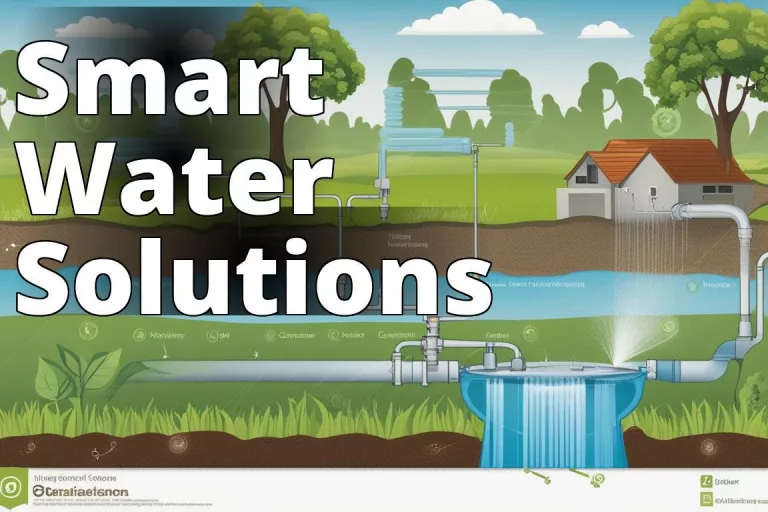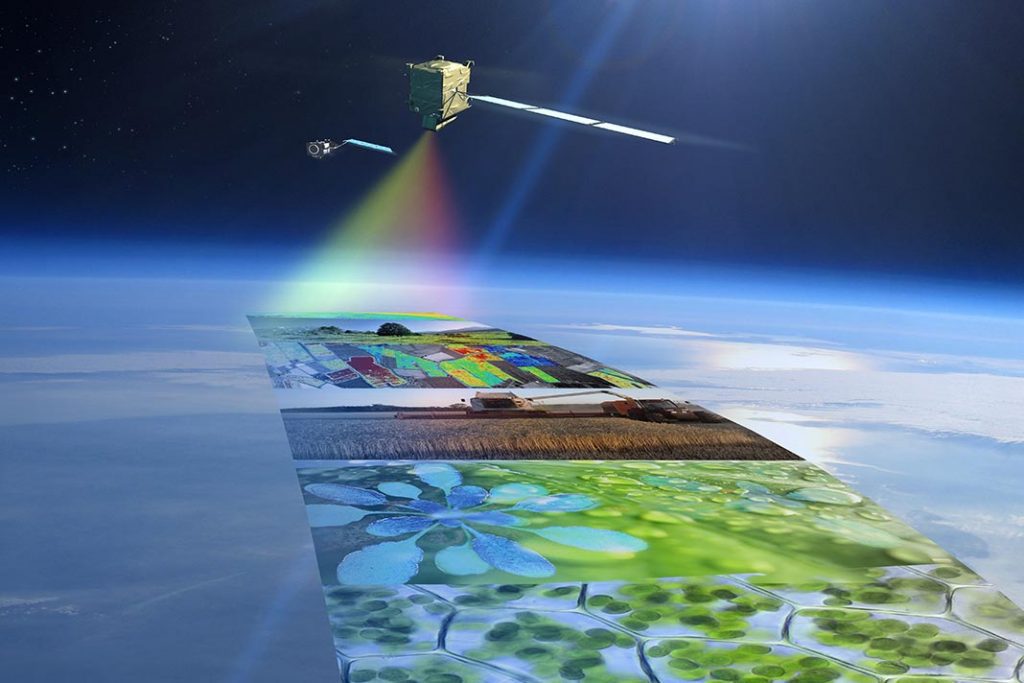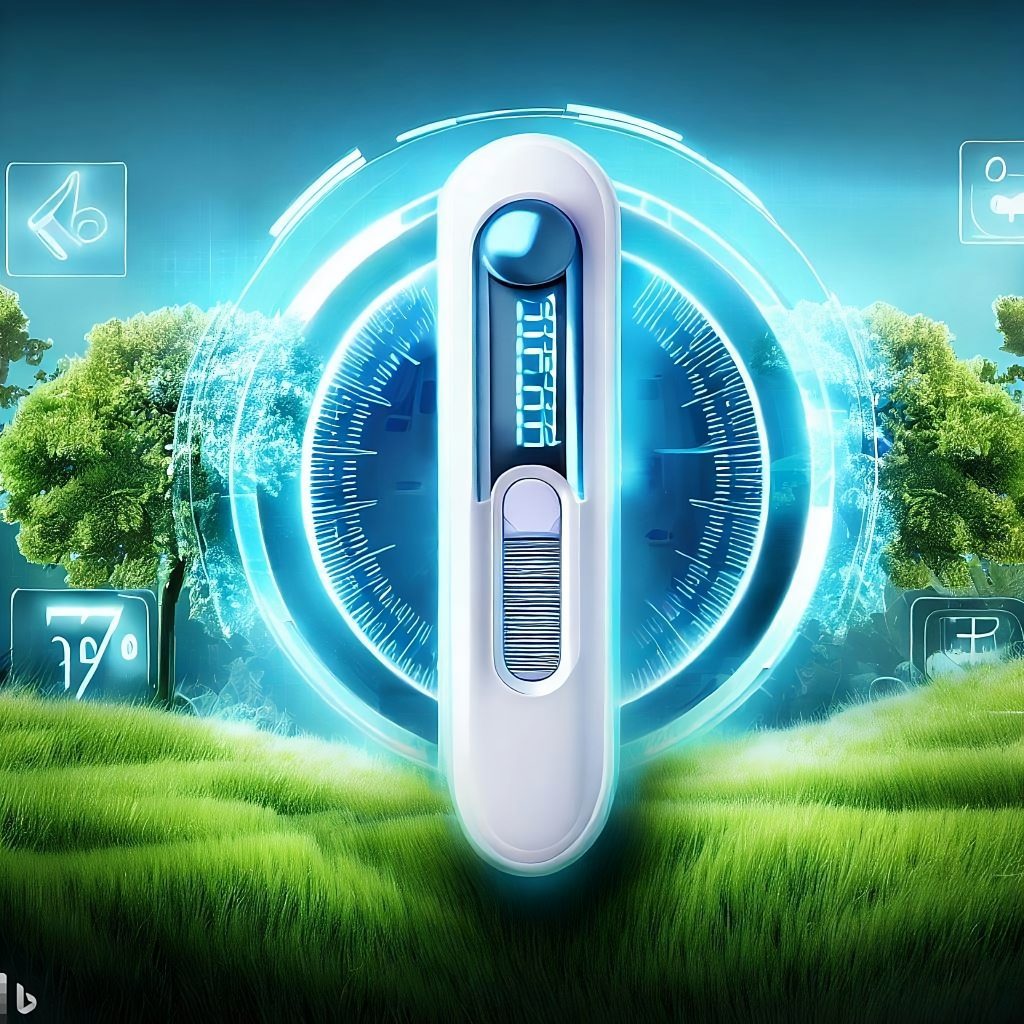In an era where every drop of water counts, the intersection of technology and agriculture offers promising solutions for conserving our most precious resource. Smart water technology isn’t just a fancy term thrown around in tech circles; it’s a beacon of hope for farmers, environmentalists, and technophiles alike, striving to mitigate the impact of climate change through innovative water conservation techniques. This exploration delves into the world of smart water technology for agriculture, showcasing how these advancements are not just revolutionizing farming practices but also paving the way for a more sustainable future. So, buckle up as we dive deep into the riveting realm of water conservation technologies that are making waves in the agricultural sector.
Learn about Water Conservation and Tech
By reading this article, you will learn:
– How smart irrigation systems, soil moisture sensors, weather stations, drones, and leak detection technology can help conserve water.
– How technology can be used to improve water conservation efforts.
– The impact of technology on water conservation efforts.
1. Smart Irrigation Systems
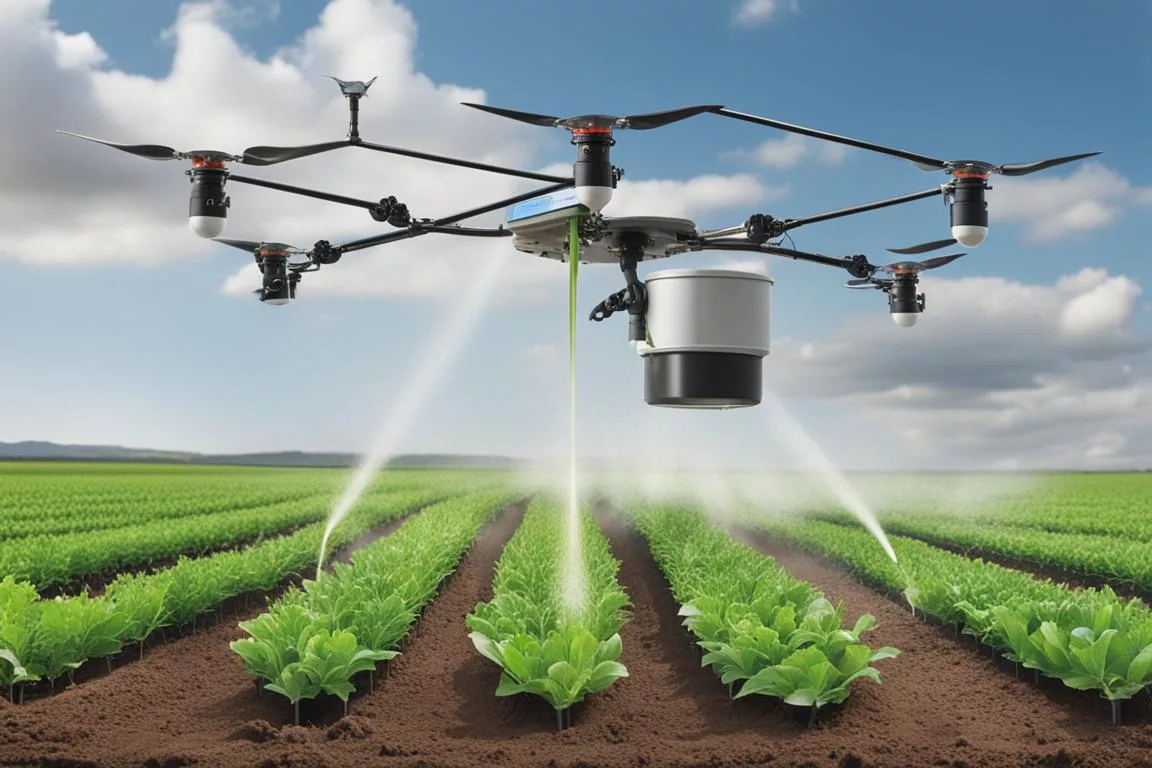
Gone are the days when irrigation meant flooding fields with water, hoping it reaches the roots of every plant. Enter smart irrigation systems, the unsung heroes in the quest for water conservation. These systems leverage data from various sources, including weather forecasts and soil moisture levels, to optimize watering schedules and quantities. What sets them apart is their ability to adjust watering patterns in real-time, ensuring plants receive the exact amount of water they need, precisely when they need it.
Insider Tip: “Integration of IoT devices with smart irrigation systems can reduce water usage by up to 50%,” notes an expert from a leading agricultural tech firm. This isn’t just about saving water; it’s about boosting crop yields and reducing the cost of water bills.
My personal journey with a smart irrigation system began last spring when I decided to retrofit my family farm’s traditional system. The immediate impact was astounding. Not only did we see a significant reduction in water usage, but the health and yield of our crops improved markedly. This hands-on experience solidified my belief in the power of technology to make agriculture more sustainable.
2. Soil Moisture Sensors
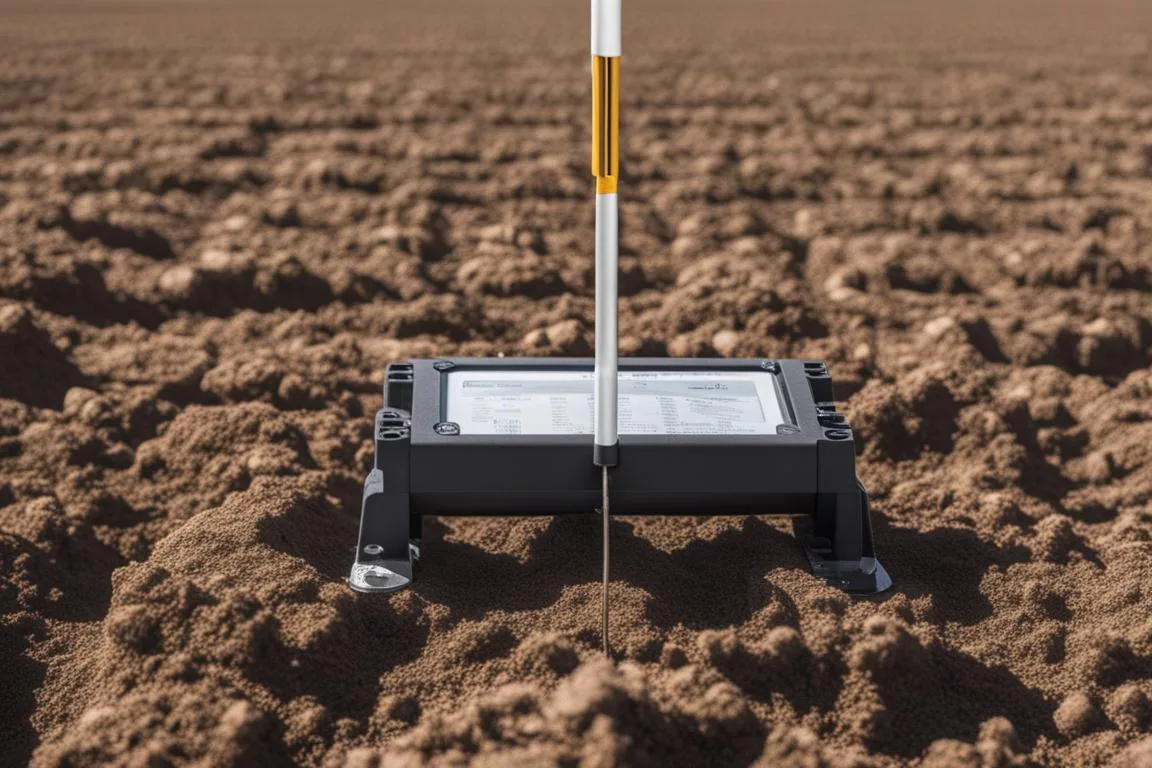
Soil moisture sensors are the unsung heroes of water conservation in agriculture. These nifty devices provide real-time data on the moisture content of the soil, allowing for precise irrigation. The beauty of soil moisture sensors lies in their simplicity and effectiveness. By understanding the exact water needs of crops at any given time, farmers can eliminate guesswork and prevent both under and overwatering.
A study highlighted in the Journal of Irrigation and Drainage Engineering showcased that the use of soil moisture sensors could lead to a 20% reduction in water usage without compromising crop yields. This is a game-changer for regions facing water scarcity challenges.
During a visit to a vineyard that employed these sensors, I witnessed first-hand how they transformed the watering regime. The vineyard manager shared how they had been able to cut their water usage significantly while producing grapes of superior quality. It was a testament to how adopting smart technologies can lead to more sustainable agricultural practices.
3. Weather Stations
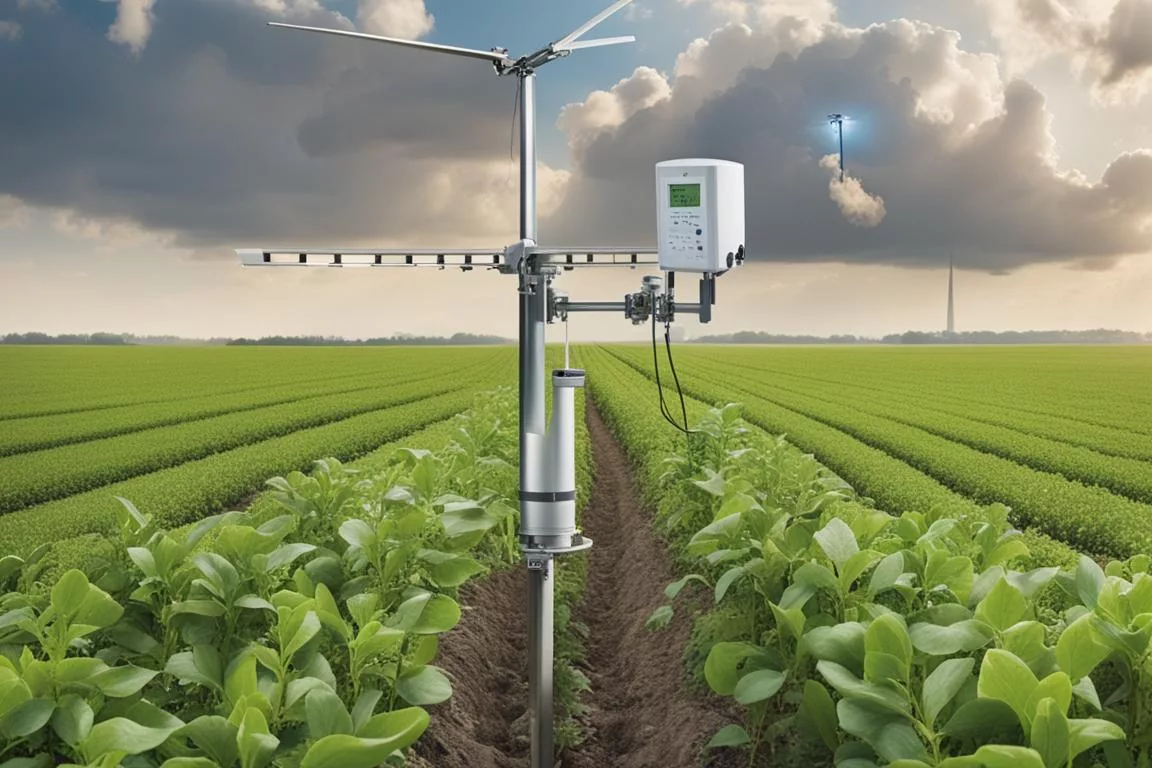
Weather stations have become a cornerstone of modern agriculture, providing invaluable data that influences irrigation decisions. These sophisticated systems track a plethora of atmospheric conditions, including temperature, humidity, rainfall, and wind speed, offering a comprehensive overview of the weather patterns affecting a particular area.
What’s fascinating is how this data can be integrated with other smart water technologies to optimize irrigation schedules further. For instance, by knowing when a rainfall event is imminent, farmers can hold off on irrigating, relying on natural precipitation instead.
During a drought year in my region, local farmers with access to data from weather stations were able to adjust their watering schedules in anticipation of rare rain events, saving significant amounts of water. This adaptability is crucial in the face of unpredictable weather patterns driven by climate change.
4. Drones
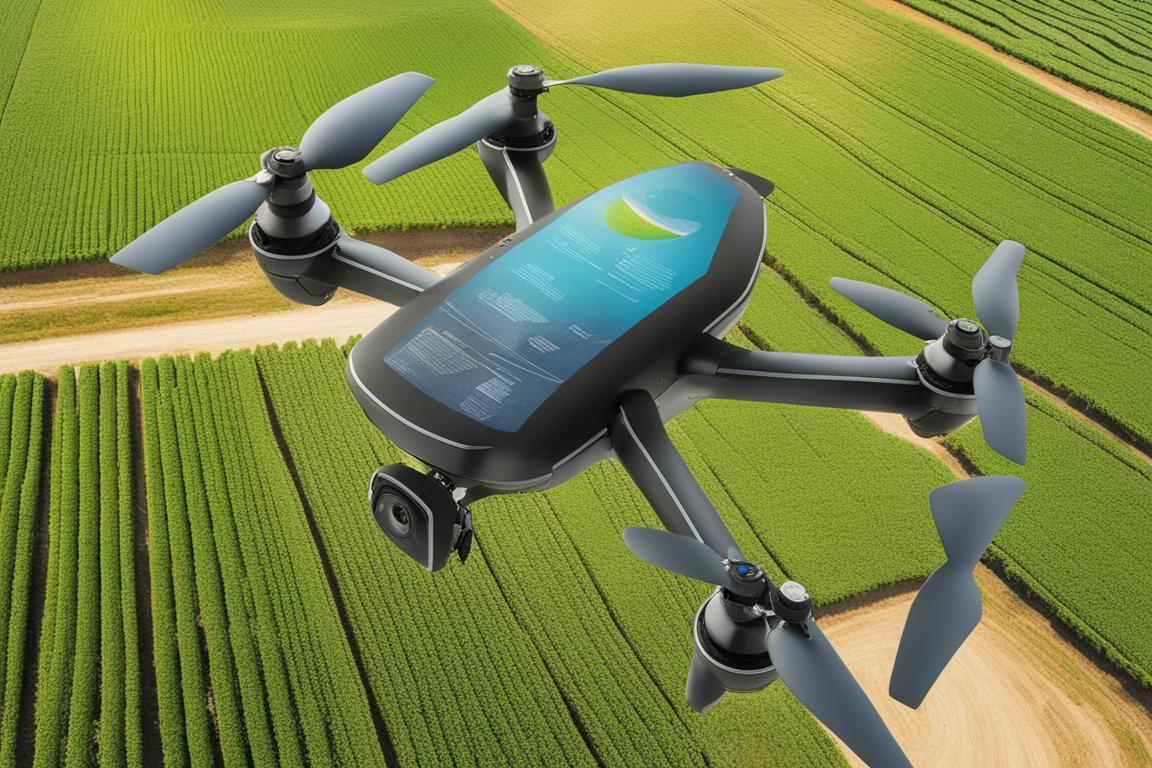
Drones, or Unmanned Aerial Vehicles (UAVs), have taken water conservation in agriculture to new heightsliterally. Equipped with advanced imaging technologies, drones can survey vast tracts of land, identifying areas in need of water or suffering from water stress. This bird’s-eye view allows for targeted irrigation, which is both efficient and effective.
A particularly intriguing application of drone technology is in the detection of irrigation leaks. By identifying areas of excessive moisture, drones can pinpoint leaks in irrigation systems that might otherwise go unnoticed. This capability not only saves water but also prevents the wastage of resources and potential crop damage due to overwatering.
I had the opportunity to work with a drone pilot on a project aimed at mapping irrigation efficiency across multiple farms. The insights gained from the drone footage were eye-opening, revealing patterns of water usage that were invisible at ground level. This experience underscored the transformative potential of drones in sustainable agriculture.
5. Leak Detection and Prevention
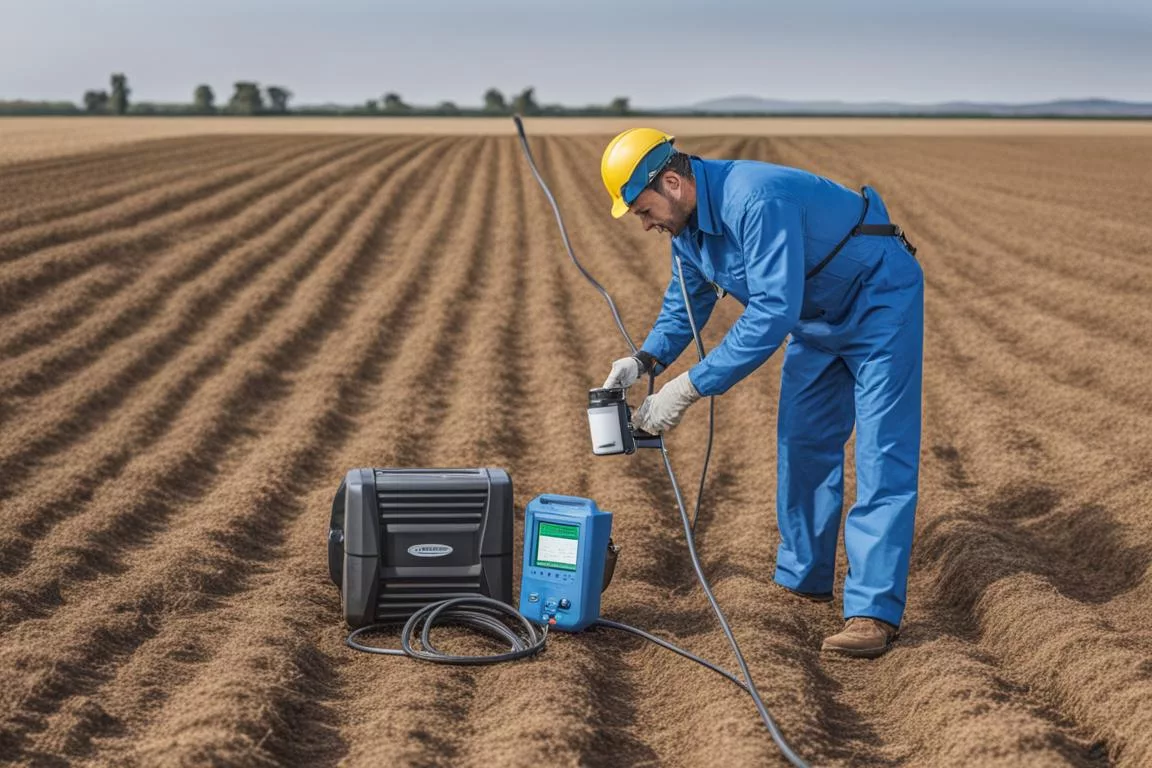
Leak detection and prevention technologies represent the final piece of the smart water technology puzzle. Innovations in this field range from simple acoustic sensors that listen for the tell-tale sounds of a leak to sophisticated network monitoring systems that can pinpoint leaks with incredible accuracy.
The implementation of these technologies can lead to substantial water savings. A case study conducted on a large agricultural operation found that the introduction of leak detection systems reduced water loss by over 30%. This is a significant figure, especially in areas where water is a scarce commodity.
My encounter with leak detection technology was a bit more personal. After noticing an inexplicable increase in our farm’s water usage, we installed a simple leak detection system. Within days, it identified a small, but significant, leak in one of our main irrigation lines. Repairing this leak not only saved us thousands of gallons of water but also highlighted the importance of vigilance in water management.
The Bottom Line
The fusion of technology and agriculture offers a beacon of hope for a future where water conservation is not just a goal but a reality. From smart irrigation systems and soil moisture sensors to weather stations, drones, and leak detection technologies, the tools at our disposal are both varied and powerful. However, the adoption of these technologies is not merely a matter of convenience; it’s a necessity in the face of growing environmental challenges.
As someone who has witnessed the transformative impact of these technologies first-hand, I can attest to their potential. They represent not just a step, but a leap in the right direction, offering a path to sustainable agriculture that is both efficient and responsible. As we continue to navigate the complexities of climate change, smart water technology stands out as a critical ally in our efforts to conserve one of our most precious resources: water.
In embracing these technologies, we do more than just save water. We invest in the future of our planet, ensuring that the generations to come will inherit a world where water, the source of all life, is cherished and preserved. The journey toward water conservation is long and fraught with challenges, but with the arsenal of smart water technology at our disposal, it’s a journey we can embark on with confidence and hope.
Q & A
Who benefits from using tech for water conservation?
Tech for water conservation benefits both individuals and the environment.
What are some tech solutions for water conservation?
Smart irrigation systems and water-efficient appliances are popular tech solutions.
How can tech help in monitoring water usage?
Tech can monitor water flow, detect leaks, and provide real-time usage data.
What if I’m not tech-savvy, can I still use these solutions?
Many tech solutions for water conservation are designed to be user-friendly.
How effective are tech solutions in saving water?
Tech solutions can significantly reduce water usage and promote conservation efforts.
What can I do to start using tech for water conservation?
Start by researching and investing in water-saving tech products for your home or business.
